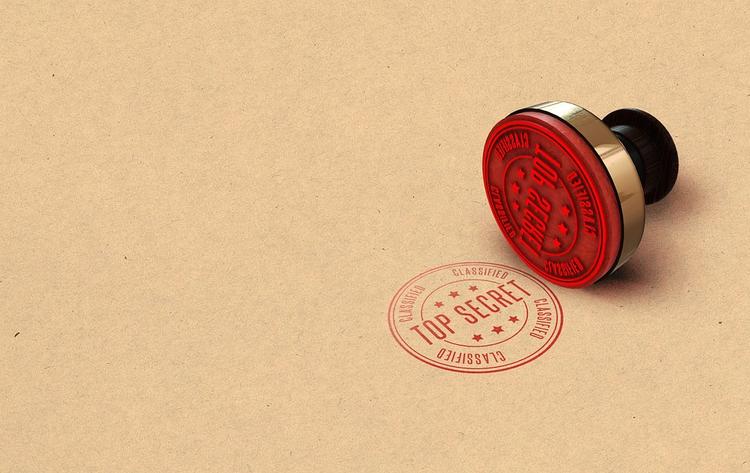Nashville (Special to Informed Comment) – It looks like Donald Trump gets off the hook for his defiant mishandling of classified documents. If former vice presidents kept documents, how can you single out Trump for prosecution? True, Trump committed far more and more serious breaches, but now others share his sins.
How many classified materials are unsecure? House cleaning by officials, including Congress, might yield plenty. The problem is far deeper than individual irresponsibility. The system is structured to work against itself and damn near impossible to fully comply with. Too many officials review too many documents.
First, overclassification is pervasive. Most documents are classified at least one grade higher than they should be, maybe two. Many top-secret documents should be just secret or even confidential, the lowest level. Bureaucrats figure, though, it’s better to be ultra cautious than accused of laxity. The result resembles college grade inflation: everybody does it.
“Classified” is almost meaningless until we know the subject matter, its source (human, satellite, signals) and its intended user. It would take panels of security experts or “special masters” to evaluate each document. Many would be too trivial to merit classification. Those that let adversaries figure out sources and methods, of course, must be rigorously guarded.
Years ago I held two positions that brought me “top secret” security clearances, standard in the federal government. I discovered that top-secret materials generally reflected what one might read in a reliable publication like the Economist or Atlantic.
“Humint” (human intelligence) may draw on the same sources: foreign journalists and government officials who speak to both our spooks and our writers. One difference: the published articles appear much faster. Both can fall for inaccurate “rumint” (rumors intelligence).
You might not be better informed from classified materials. Go back and read the news stories by top reporters covering the Vietnam War. They grew skeptical, eventually critical. Then read secret memos in the Pentagon Papers within the highest levels, such as department secretaries and deputies, for the corresponding years. They too grew skeptical, even exasperated. More nuance but not much difference.
Although the classified document may closely track public news articles, it alerts our adversaries as to what our officials believe to be true, itself valuable intel.
The value of intelligence is its ability to predict or at least anticipate. Classification does not guarantee this. Some government reports are junk.
The U.S. embassy in Saigon churned out optimistic PR reports. Critics in the field, both newspeople and U.S. officials, knew better and scoffed at them. Reports at the highest levels seen by a handful, however, were accurate and pessimistic.
Turning out garbage makes some officials resent being used to protect their bosses — who are under pressure to show progress — and leak truthful accounts to news media. Daniel Ellsberg served in Vietnam and on the team that produced the Pentagon Papers. Dismayed that they were simply locked up, he delivered photocopies of them to the New York Times and Washington Post. Lesson: You can’t keep secrets forever. They will leak. Get used to it.
And in a democracy, some things should leak. The Pentagon Papers did no harm when published in 1971; Americans, negative on the war since 1967, had a right to know. Nixon’s overreaction destroyed his presidency. He should have just blamed LBJ.
The underlying problem, probably insolvable, is that to be useful classified materials must be read by many eyes, but the more eyes, the bigger risk of leaks, either deliberate or inadvertent. Cybersecurity presents the same dilemma: networks used by many are vulnerable to hacking and fraud. Choose: tightly held or widely distributed.
If I were in a position to review classified reports — say, on a congressional committee or in the White House — I would simply avoid them: “Get these things out of here! They are misleading and can get me in trouble. I’ll base my judgments on public sources.”
Another big problem with classified materials is the workload of high officials. Eight-hour workdays are a luxury; twice that is not rare. Unless you take work home, you may never see your family. So you take documents home even if it violates security regs.
This is where Secretary of State Hillary Clinton’s private server got her in trouble. A classic double bind: You must do something — work at home — but are prohibited from doing it.
Our shambolic system may so confuse our adversaries that they act on nothing they obtain. A report from State contradicts another from the Agency, and the Defense Department dismisses both. False reports may be deliberately planted to confuse our adversaries. Trouble is, we too are confused and paralyzed.



 © 2025 All Rights Reserved
© 2025 All Rights Reserved